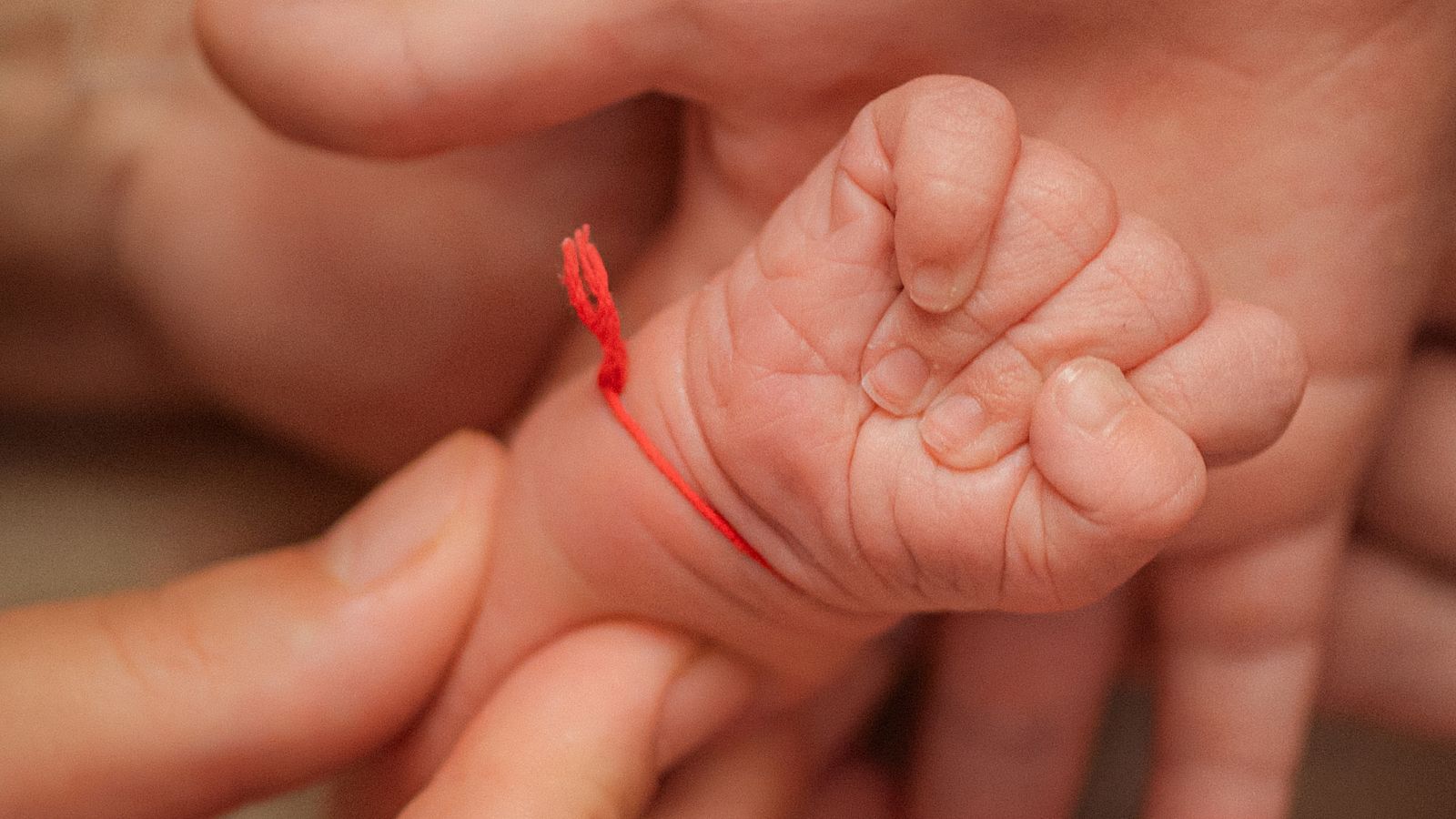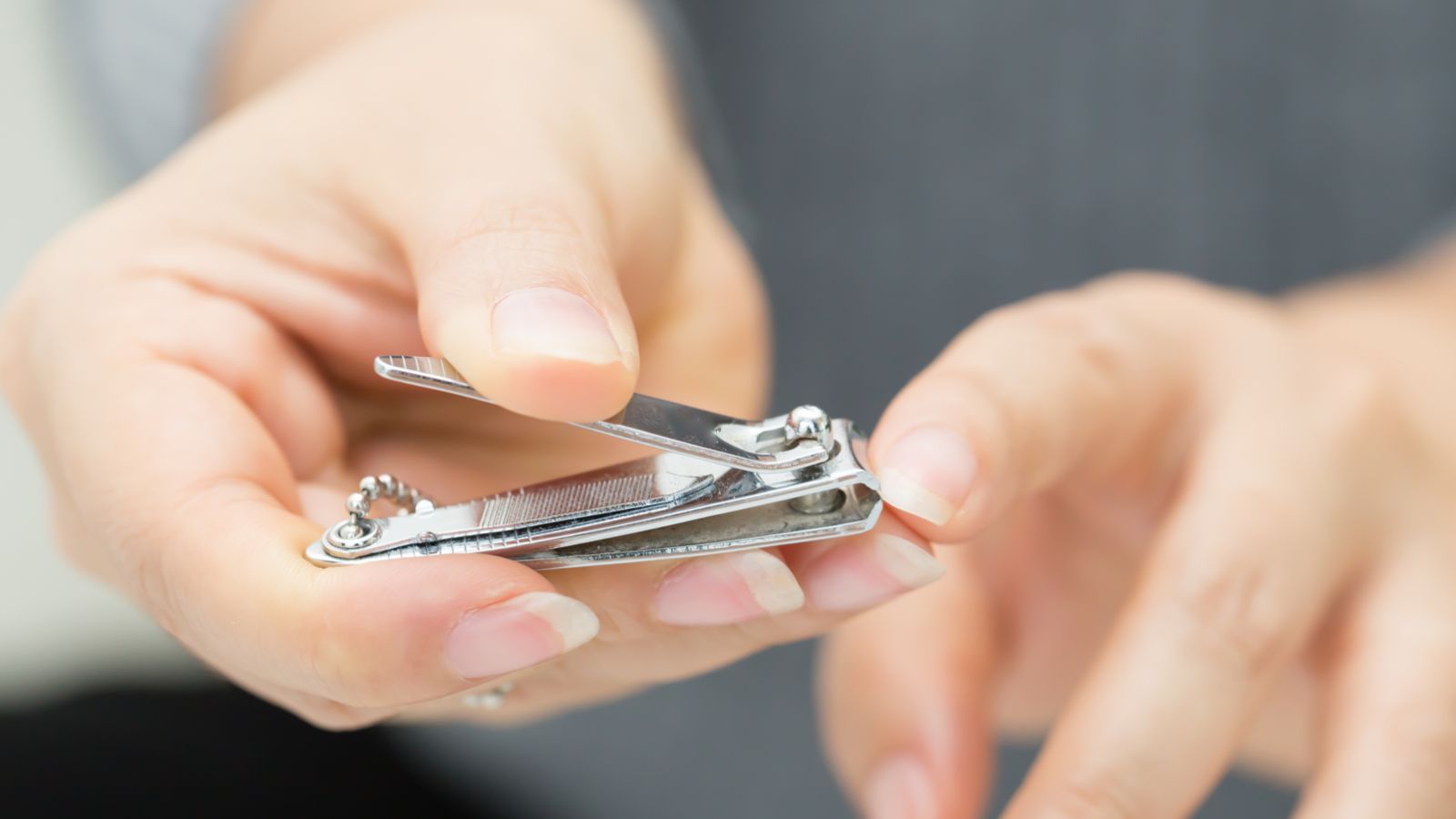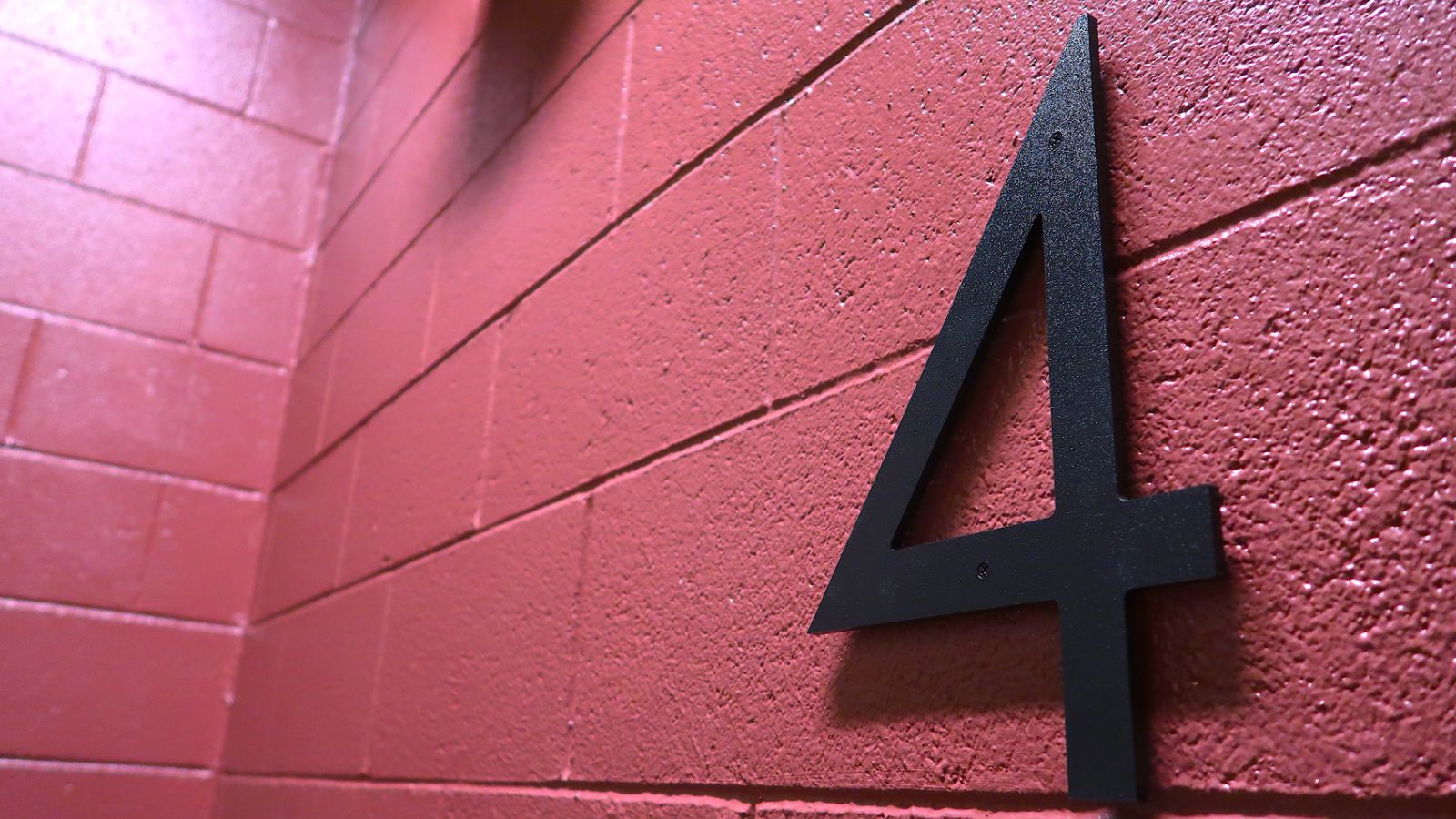Here in the UK, we have all sorts of interesting superstitions, such as touching wood to avoid bad luck, collecting four-leaf clovers, and avoiding stepping on cracks in the pavement. Sadly, a lot of these are dying out, and we’re not the only country where this is happening. Here are 20 forgotten superstitions from around the world.
Spilled Water in Serbia

As Study in Serbia remembers, intentionally spilling water before a journey was once a common practice in Serbia. This superstition was supposed to bring good luck and ensure a safe trip. The spilled water symbolized a smooth path ahead, free from obstacles or difficulties. Some older Serbs still do this, but the younger generation has mostly forgotten it.
Dropping Scissors in Vietnam

In Vietnam, dropping scissors was once believed to bring bad luck. People thought this action could cut through prosperity, leading to financial misfortune. Careful handling of scissors was essential to avoid any potential adverse effects on their wealth, but these days, most Vietnamese people don’t follow the superstition anymore.
Knives as Gifts in Finland

Giving a knife as a gift in Finland was once considered bad luck, as it was believed that this act would sever the relationship between the giver and the receiver. To counteract this, a small coin was often included with the knife, allowing the receiver to “buy” it, thus preserving the relationship. This tradition existed in other cultures, too, but not so much these days.
Counting Stars in Turkey

In the past, counting stars was avoided in Turkey, especially by children, as, bizarrely, it was believed that it could bring warts on the fingers. This superstition kept children from spending too much time staring at the night sky, thus protecting them from this supposed consequence, although every Turk these days can agree that it makes absolutely no sense.
The Color Blue in Iran

In Iran, blue clothing used to be avoided due to the belief that it attracted the evil eye. People thought this color could draw negative attention and bring harm, so choosing other colors was preferred to prevent invoking any unwanted bad luck from malevolent spirits.
Whistling at Night in Russia

Whistling indoors, especially at night, was thought to bring bad luck and financial ruin in Russia, so it was once actively avoided. This belief held that whistling could summon evil spirits or drive away prosperity, but nowadays, you’ll commonly hear whistling at night amongst the younger generation, much to the old folk’s dislike.
Hand Itching in Italy

Back in the old days, Italians believed that an itchy right hand meant receiving money soon, while an itchy left hand signified losing money. This superstition was so strong that people often scratched their hands, hoping to influence their financial fortunes positively. Like many of the superstitions on this list, older Italians still practice this, but the younger Italians? Not so much.
Sweeping Feet in Brazil

In Brazil, sweeping someone’s feet with a broom was believed to bring bad luck, as it was thought that the person whose feet were swept would never get married. Care was taken while sweeping to avoid any accidental contact with someone’s feet. It’s still commonly considered rude in restaurants and shops, but it’s more seen as a light-hearted joke.
Singing at the Table in the Netherlands

In the Netherlands, singing at the dinner table was frowned upon due to a superstition that it invited bad luck, with people believing it could bring misfortune or even death to the family. Silence and conversation were preferred during meals to avoid any negative consequences, although the Dutch now see this superstition as plain old nonsense.
Red Thread in Greece

Not so long ago in Greece, tying a red thread around a newborn baby’s wrist was a common practice to ward off the evil eye. This superstition held that the red thread would protect the baby from harm and negative energies. Greek grandparents might still insist on doing this, but the parent themselves often sees it as negative and unnecessary.
Sitting at the Corner in Hungary

If you sat at the corner of a table in Hungary in the past, this was thought to bring bad luck in love. It was believed that a person who sat in a corner would never marry, which greatly influenced seating arrangements, especially for young people. Nowadays, though, young people really don’t care where they sit, although this no doubt disappoints their grandparents.
Black Cats in Spain

Black cats are commonly associated with superstitions around the world, and just like in the UK, they’re related to bad luck in Spain. It was once believed that crossing paths with a black cat could bring misfortune, but nowadays, people don’t pay much attention to it.
Bell Ringing in Japan

To this day, Japan is still a relatively superstitious country, but the tradition of ringing bells to ward off evil spirits has mostly died out, at least among the younger generation. It was once believed that the sound of bells could purify the environment and bring good luck. It’s definitely less common now, but it does still resurface during festivals and religious ceremonies.
Knocking on Wood in Germany

Similar to in the UK, Germans used to knock on wood as a way to prevent bad luck. This superstition held that touching wood could keep evil spirits at bay and protect one’s fortune. People often knocked on wooden surfaces after making a hopeful statement to ensure their wishes would come true, but it’s dying out in modern Germany.
Cutting Nails at Night in India

Strangely, it used to be seen as bad luck and an invitation to evil spirits to cut your nails at night in India. This superstition was rooted in the idea that nighttime was a period of heightened spiritual activity, making it a bad time for certain activities. It’s still practiced in some more rural parts of India today, but most modern cities don’t take any notice of it.
Sharing Needles in Thailand

In Thailand, sharing needles or pins was once believed to transfer one’s problems or bad luck to the other person. This superstition made people cautious about sharing such items, ensuring that their misfortunes would not be passed on to someone else.
Umbrellas Indoors in the Philippines

Another forgotten superstition from around the world that is similar to that of the UK is how opening an umbrella indoors was considered bad luck in the Philippines. It was believed that doing so could bring misfortune or even death to the household, which is definitely more extreme than our belief in the UK.
Shoes on the Table in the UK

Let’s be honest–shoes never belong on the table, but back in the day in the UK, we were terrified of doing it in case it brought bad luck. Most commonly, we believed that this action could lead to an argument or a death in the family. This has all been forgotten today, but due to hygienic reasons, we still avoid putting our shoes on the table.
Numbers in China

In ancient China, certain numbers were avoided due to their associations with bad luck. The number four, for example, was considered unlucky because it sounded like the word for death. As you can probably imagine, this superstition influenced many aspects of life, including phone numbers, addresses, and age. These days, though, most Chinese see it as far too impractical to give this superstition any credit.
Broken Mirrors in Egypt

Another forgotten superstition that is similar to those we have in England is the Egyptian belief that breaking a mirror would bring seven years of bad luck. This superstition was rooted in the belief that mirrors reflected a part of one’s soul, and it spread around the world. Nowadays, though, it’s just a big clean-up job and a financial inconvenience, but not a superstition.

